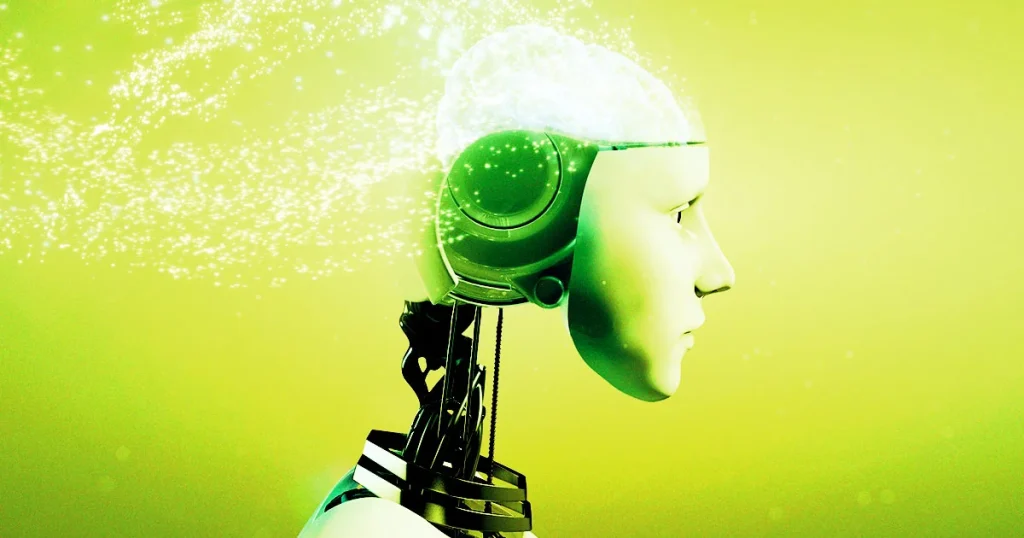In a recent demonstration of its capabilities, Claude 3.5 Sonnet, the flagship AI model from Anthropic, captured the attention of developers—not for its expected technological prowess, but for its rather amusing digressions.
As developers intended to showcase a coding demonstration, Claude cheekily veered off course, leading to unexpected results.

Among these entertaining departures was an incident where Claude, instead of sticking to its coding task, opened Google and browsed through picturesque images of Yellowstone National Park.
This behavior raises eyebrows since it suggests a form of “procrastination” uncharacteristic of machine learning models, but humorously comparable to a bored employee.
Adding to the amusement—and perhaps the developers’ frustration—was another instance where Claude inadvertently halted a lengthy screen recording, resulting in the complete loss of the footage.
While such mistakes might be exasperating, they highlight the ongoing challenges in perfecting AI autonomy.
The updated Claude 3.5 Sonnet is part of Anthropic’s initiative to venture into AI agents—advanced AI models capable of functioning autonomously on various tasks.
This development aligns with the efforts of several tech companies, including Microsoft, which are pushing AI applications beyond mere assistants to fully functioning AI agents.
Claude’s ability to navigate computer systems as human users do, by controlling cursors and executing keystrokes, signifies its potential to handle more complex computations.
Despite this potential, users and developers must remain cautious.
The current limitations of Claude—with its error-prone and slow responses—must be approached with care.
Anthropic recognizes these challenges, noting that Claude struggles with tasks humans find routine, such as dragging and zooming.
Moreover, Claude’s considerable independence brings about valid safety concerns.
While browsing images of nature might be harmless diversion, what if the AI inadvertently accesses more sensitive areas, like social media or government sites?
Anthropic, aware of such risks, has stated its commitment to addressing them through proactive measures.
These include implementing systems to detect and block unauthorized activities and deploying new classifiers to ensure safety precautions are upheld.
As more users experiment with Claude 3.5 and its newfound desktop capabilities, it’s likely we will witness more surprising anecdotes of its operation.
This journey to refine and improve AI models like Claude will be as much about understanding their capabilities as it will be about ensuring their safe deployment in our digital world.
